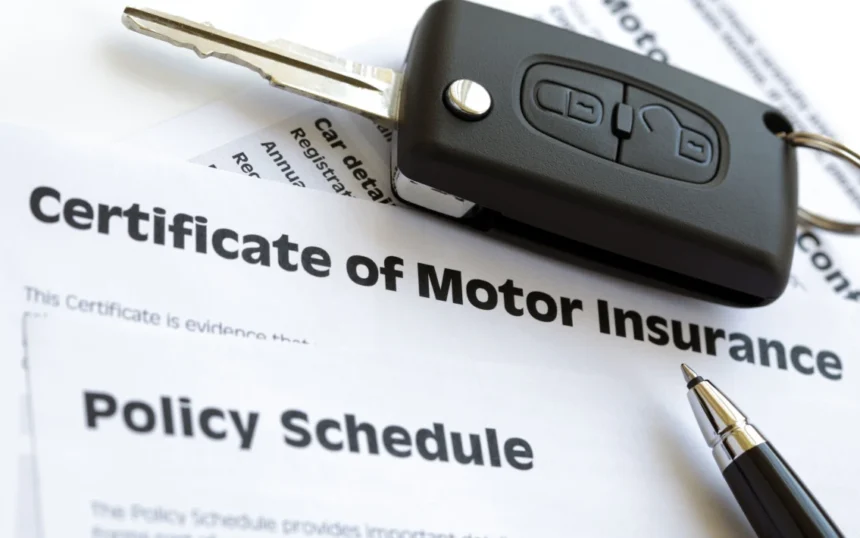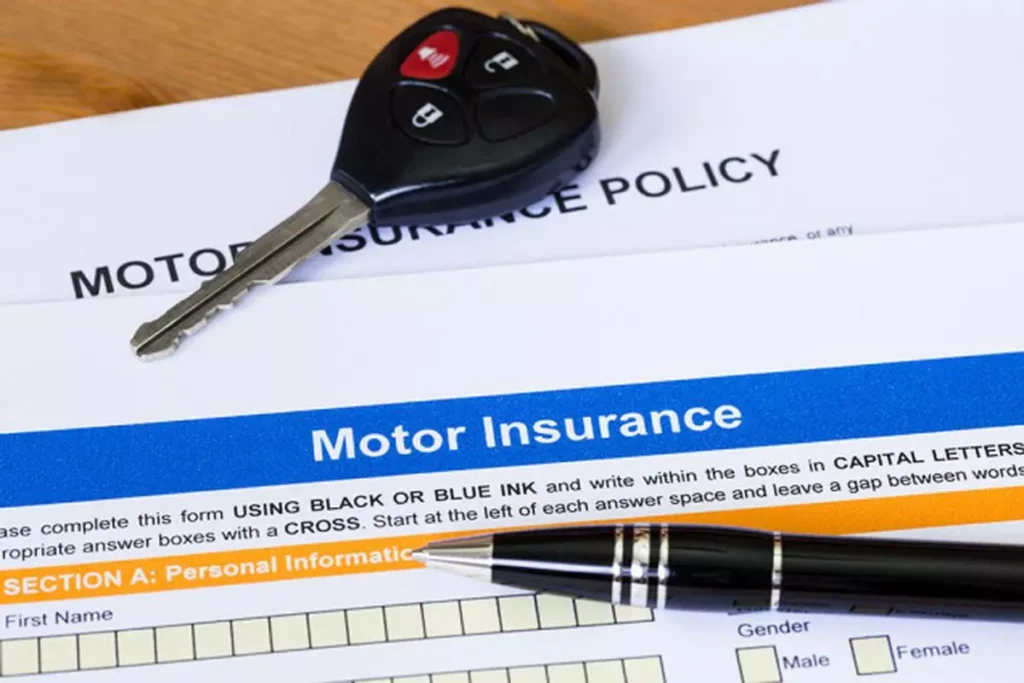
What Is A Certificate Of Motor Insurance?
Motor Insurance
I started the day with a smoothie, but it turned into a milkshake because, well, chocolate. Speaking of mix-ups, let’s clarify what a Certificate of Motor Insurance actually is.
A Certificate of Motor Insurance is a scheduled document that serves as a proof for the Motor Third Party Liability insurance that your vehicle has as per the law.
It will display your details, details about the vehicle and the policy and will show you who is allowed to drive the vehicle and what kind of use (personal or commercial) is covered by the policy.
This means that having up to date copies of your motor insurance certificate is important to ensure you can drive and prove that you bought insurance, as well as protect you in the event of an accident or if your vehicle is damaged.
What Information Is In A Certificate Of Motor Insurance?
To assist authorities, all certificates of private motor insurance are in a prescribed form as contained in the Motor Vehicles Regulations 1972. These must be in black and white, contain no advertisement, but they must contain the following required pieces of information:
- Certificate number.
- Name and address of the insurance company.
- Registration of vehicle.
- Name of policyholder.
- Class of use.
- Date of commencement and expiration of the insurance policy.
- Persons entitled to drive.

How Important Is My Motor Insurance Certificate If I Have An Accident?
Your motor insurance certificate is a key document when you have an accident. Here are three ways this policy will benefit you in the event of an event or accident:
If you have been involved in an accident, especially one in which someone has been injured, the police or a LESA officer may need to see your motor insurance certificate. If you can’t provide it at the time, then the police will set up a time with you to provide this information.
If you are involved in an accident or event though, the other parties to the incident will need to check your motor insurance details so that they can ensure you are covered from which they will be able to claim from your insurer if you were responsible for causing any damage or injury.
Similarly, if another party’s at fault, it’s crucial to get this motor insurance information so that their insurance provider will be able to settle any potential damage to your vehicle. Parties involved in an accident are legally required to exchange insurance information.
So even in the event of something minor, it’s considered wise to inform your motor insurance provider as soon as you’re able. The more information they possess the more transparent they will be with regards to the insurance cover they provide you and the vehicle.
What Is The Difference Between A Certificate Of Motor Insurance And A Cover Note?
A Cover Note is a cover note is a provisional Certificate of Motor Insurance, and is given to you while your full Motor Trade insurance documentation is processed and posted. A Cover Note provides the same evidence of insurance as a Certificate. If you got pulled over by the police or required proof of insurance for whatever else reason and hadn’t yet gotten your Certifcate of Motor Insurance, then your Cover Note would serve the same purpose and be valid as appropriate proof.
A Cover Note, also called a Temporary Certificate of Motor Insurance, is normally only valid for 30 days, while the Certificate of Motor Insurance is typically valid for 12 months or up until your renewal date. In some cases a Cover Note can be reissued for a further 30 days, if you are waiting to receive your driving licence from the DVLA for example. While we’re not consultants and do not have a professional relationship with our partners, we have found that things like a Cover Note extension is granted at the insurer’s discretion and not the insurance broker, so it’s likely not even in our hands.

Whichever occurs first, 30 days after the date of issue, or the day you get your Certificate of Motor Insurance. Your Certificate of Motor Insurance should then be given to you by your insurance company once all of the relevant documentation has been sent. This is usually things like a driving licence, No Claims Bonus proof, evidence of trading – all of this can vary from insurer to insurer, and also what type of Motor Trade insurance, and what level of cover you have.
What Is A Certificate Of Motor Insurance Used For?
Not only does the UK car insurance certificate provide proof of valid car insurance on UK roads, it also proves to be enough proof that the vehicle also has the minimum level of motor insurance and has cover against EU visits.
It has made the Green Card almost useless for traveling to and from Europe. This is now only necessary if you are driving through non-EU countries or who are not signed up to the EU Directive (see Driving Abroad articles).
The certificate was an invaluable document that drivers needed to provide in order to tax their car, as it confirmed insurance was in place. as it was evidence that insurance existed. All this changed late in 2013, as alongside the well-documented intended abolition of the tax disc, the Government decided that no longer would be law for people to present a valid insurance certificate when taxing the vehicle online or at the Post Office – rather, an electronic insurance check is now performed by cross-referencing the registration number with the DVLA and insurance industry’s records (MID). The revisions could reduce paperwork significantly when renewing vehicle tax.

Conclusion
The certificate plays an important role again during the cancellation of an insurance contract. The second part of the cancellation process, and in order to get any refund processed, is the return or ‘surrender’ of the certificate. Under Section 80 of the Road Traffic Act, if the certificate has been sent by post, the insured person who wishes to cancel must return the certificate to the issuing company within seven days of the cancellation date. If the certificate has been lost or destroyed, the insured will have to complete and sign a statutory declaration confirming that the certificate does not exist.
With the introduction of certificates that can be emailed to you, there are slight modifications to the rules on surrendering certificates when you cancel. The only thing that still requires returning the certificate, but this is done by sending one copy of the certificate to your insurance company specified address via email.
FAQ
(4) regulations made under the Road Traffic Act require every certificate of insurance to be issued within four days from the date of issuance or renewal of policy.
You can contact the insurer or the broker who arranged your cover and they will be able to provide you with a duplicate copy of your certificate of motor insurance. Several insurers have developed high-tech online customer portals and you can, in a couple of minutes, download a pdf version of your certificate of motor insurance (e.g. Aviva, Hastings, More Than, etc.).
If you want to know whether you can drive other vehicles, look under ‘Persons or classes of persons entitled to drive’ in section 5 of your certificate of motor insurance. Here’s what to do if you don’t have your certificate.


